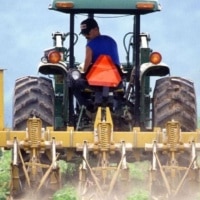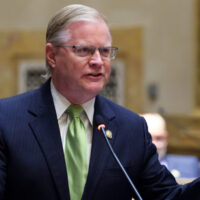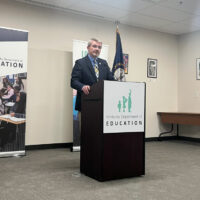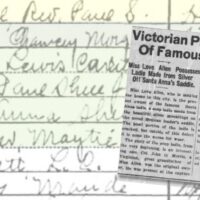Kentucky’s Veterinary Shortage Working Group met Tuesday to finalize a report 18 months in the making.
The report includes ways Kentucky can bring more veterinarians, especially those who practice on large animals, into the profession and give them further support to practice in Kentucky.
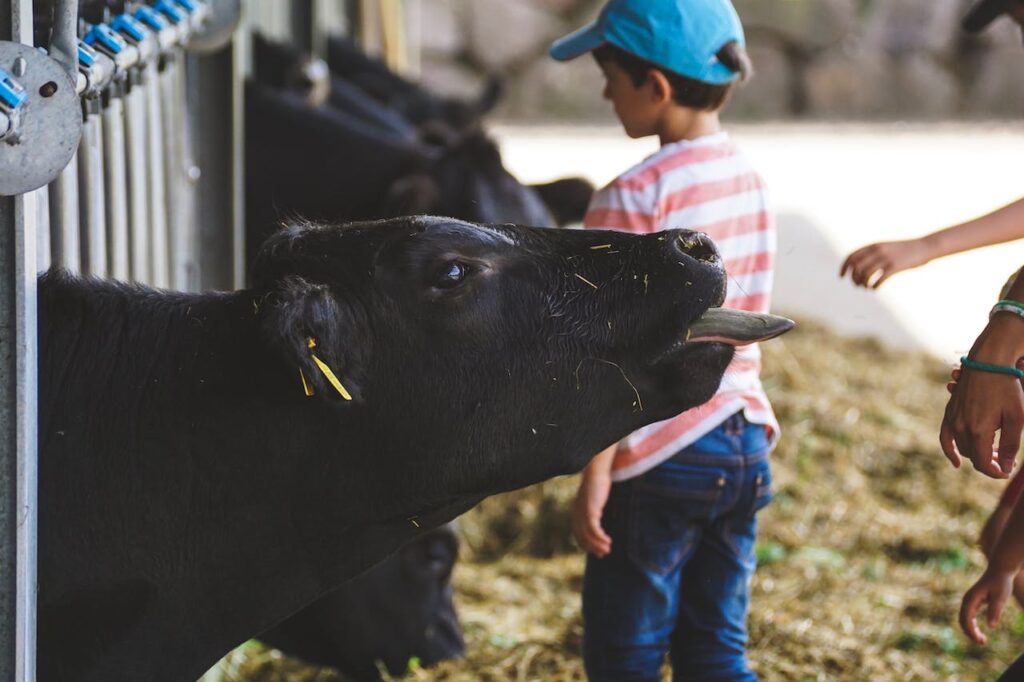
The group, which is under the Kentucky Department of Agriculture, has met a few times to discuss solutions to the shortage of veterinarians who work on large animals. Outgoing Commissioner of Agriculture Ryan Quarles named members of the group in February. Ryan Quarles
At that time, about 5% of veterinarians nationally practiced on large animals. In Kentucky, 3% of vets have dedicated large animal practices.
- RELATED: Murray State University forms task force as board looks to develop potential veterinary school
Kentucky isn’t alone in looking to tackle its veterinary shortage. In West Virginia, state and higher education officials are planning to launch a four-year veterinary technology program as a response to its shortage. Earlier this year, the U.S. Senate established its first Senate Veterinary Medicine Caucus.
“Other states’ departments of ag are looking to see what we do,” Quarles said during Tuesday’s meeting and added that the topic was discussed in a recent multi-state meeting.
Kentucky’s veterinary shortage will likely be a topic discussed during the upcoming legislative session starting in January. In October, the General Assembly’s Interim Joint Committee on Agriculture discussed the shortage.
The 25-page report includes several goals and actions to encourage more students to go into veterinary medicine and recruit students to practice in Kentucky. Subcommittees of the working group researched areas in depth for the final report and presented recommendations Tuesday.
Some key objectives are:
- Begin the veterinary recruitment pipeline sooner while growing Kentucky agricultural community programs to educate primary and secondary school students about veterinary medicine and agriculture.
- Encourage Kentucky’s agricultural leadership and organizations to assist in the development and funding opportunities for students to work in rural areas while attending veterinary school.
- Have state and organization agricultural leadership establish a team approach to develop, support and retain ongoing relationships with veterinary schools.
- Create financial literacy training and mental health support programs to reduce barriers for students and aid in wellness.
Also during the meeting, Quarles told the group his office is working to transition with incoming Commissioner Jonathan Shell. Quarles, who has served two terms in Frankfort, will become the president of the Kentucky Community and Technical College System after he leaves his office.
Quarles said he will also plan to be in Frankfort frequently and told working group members to let him “know how I can be engaged in the conversation.”
This article is republished under a Creative Commons license from Kentucky Lantern, which is part of States Newsroom, a network of news bureaus supported by grants and a coalition of donors as a 501c(3) public charity. Kentucky Lantern maintains editorial independence. Contact Editor Jamie Lucke for questions: info@kentuckylantern.com. Follow Kentucky Lantern on Facebook and Twitter.


